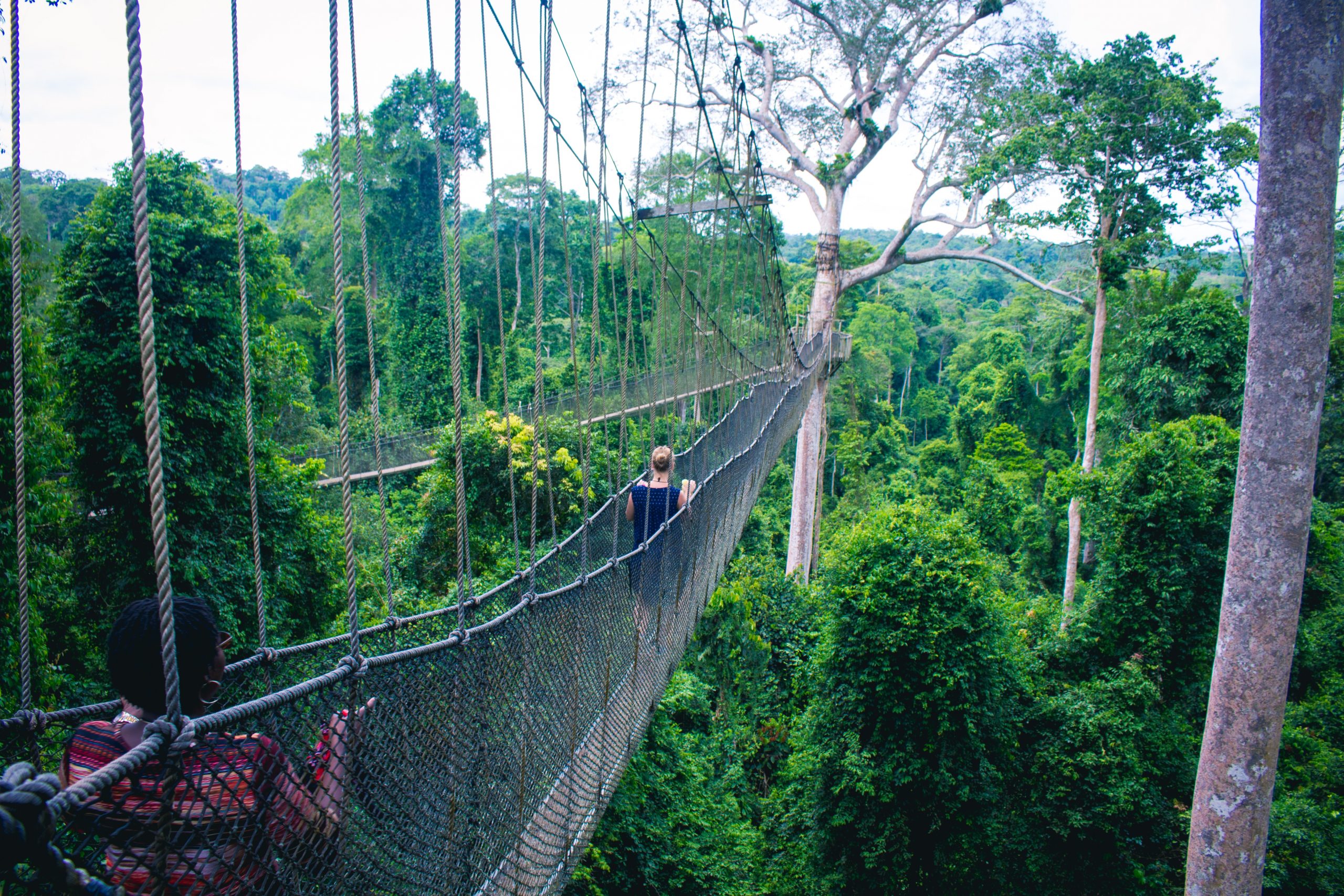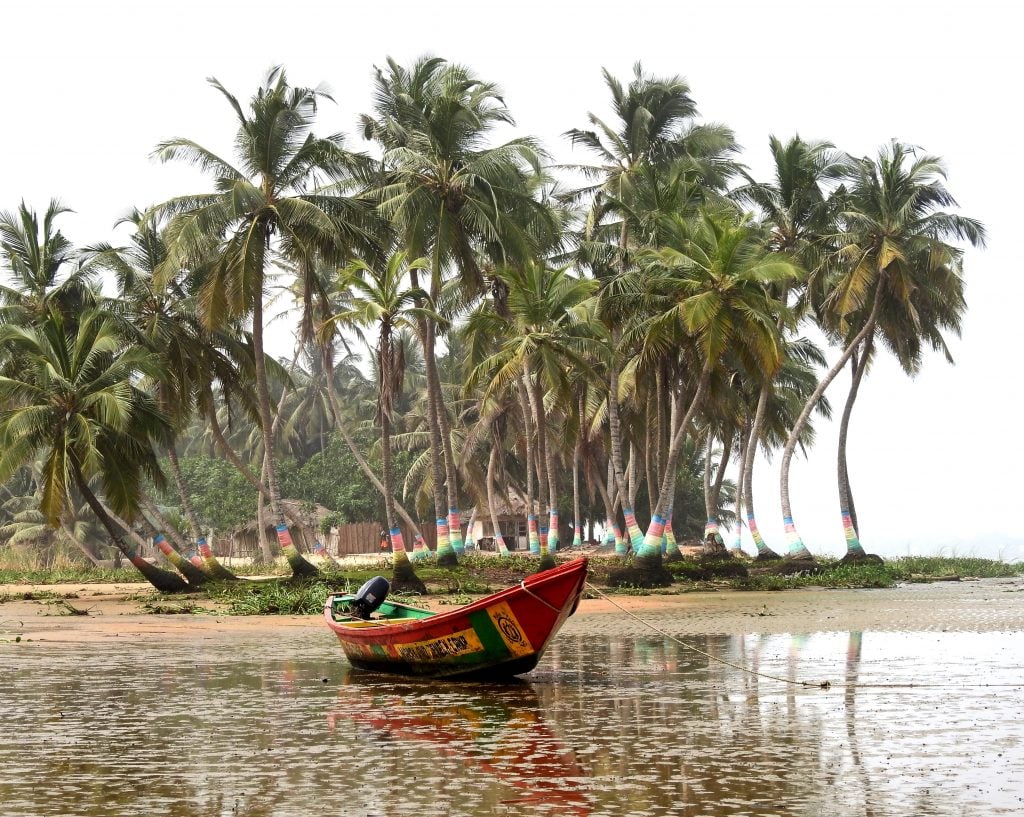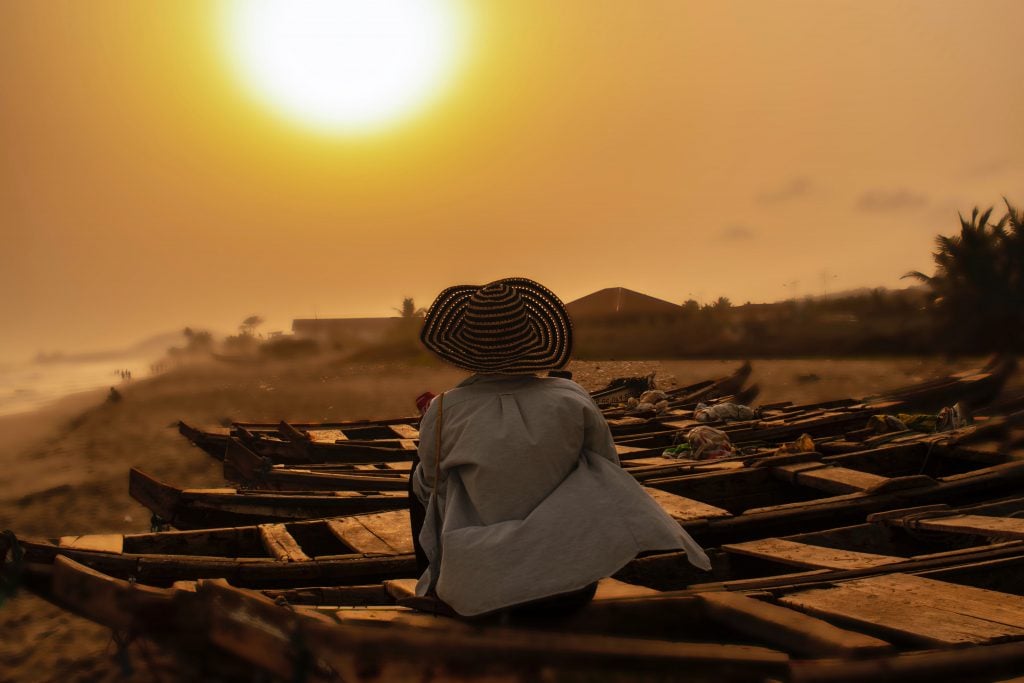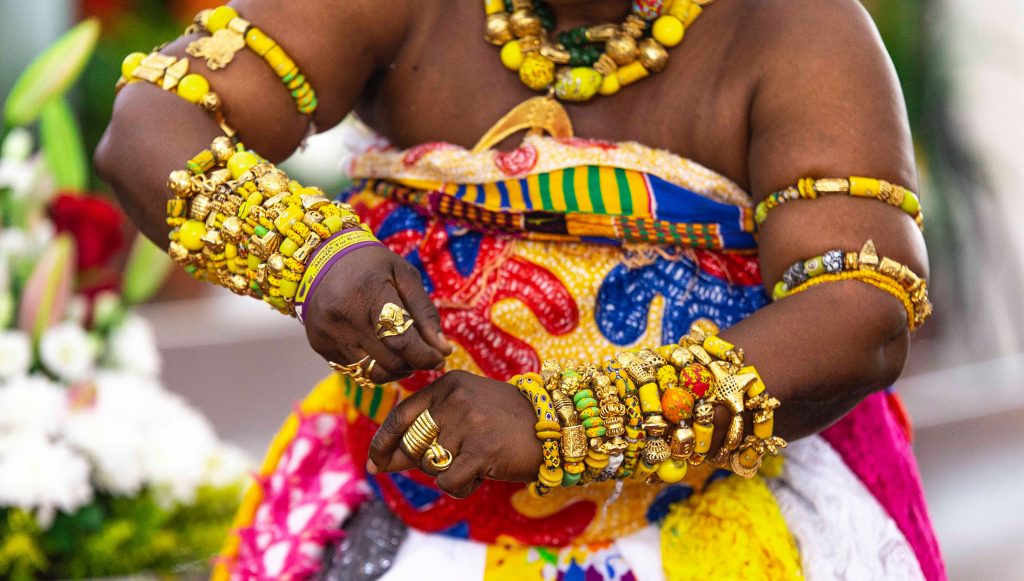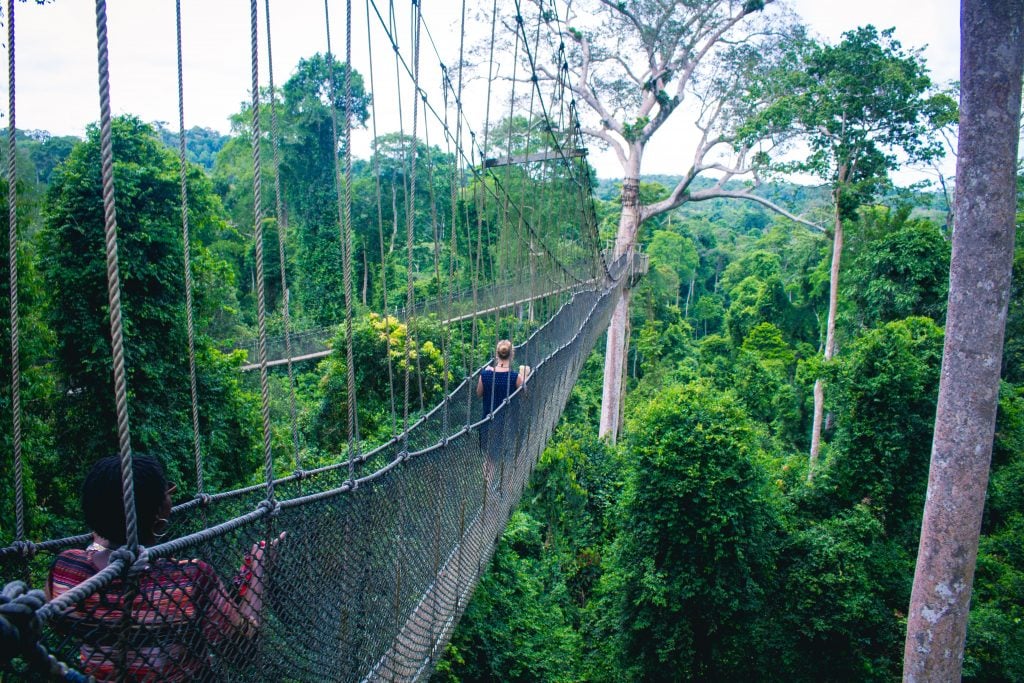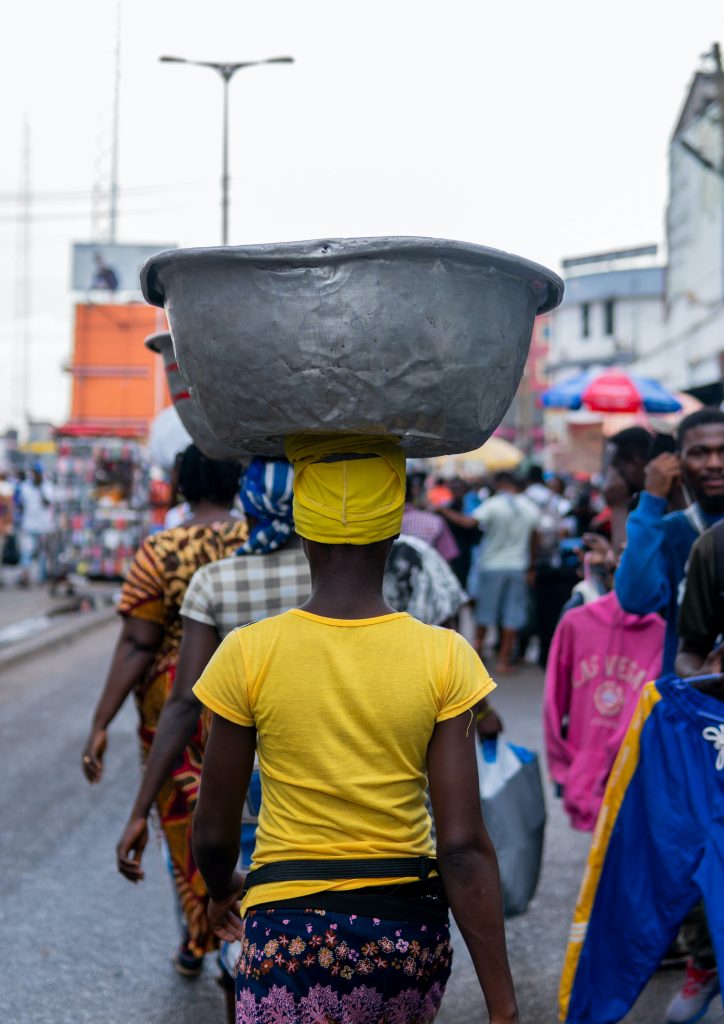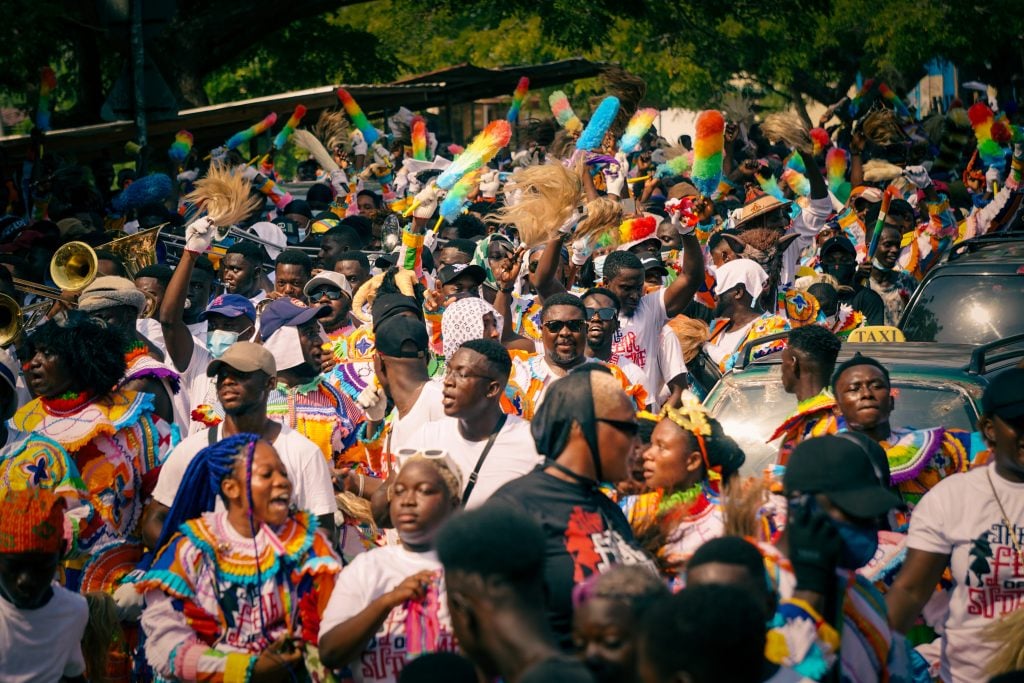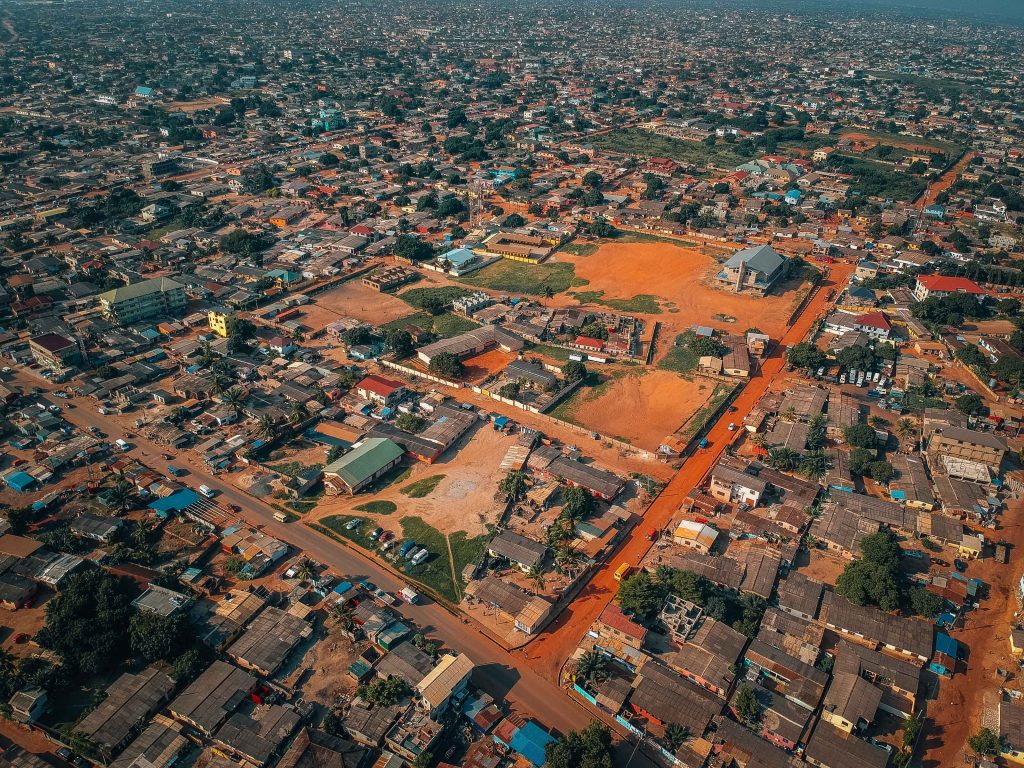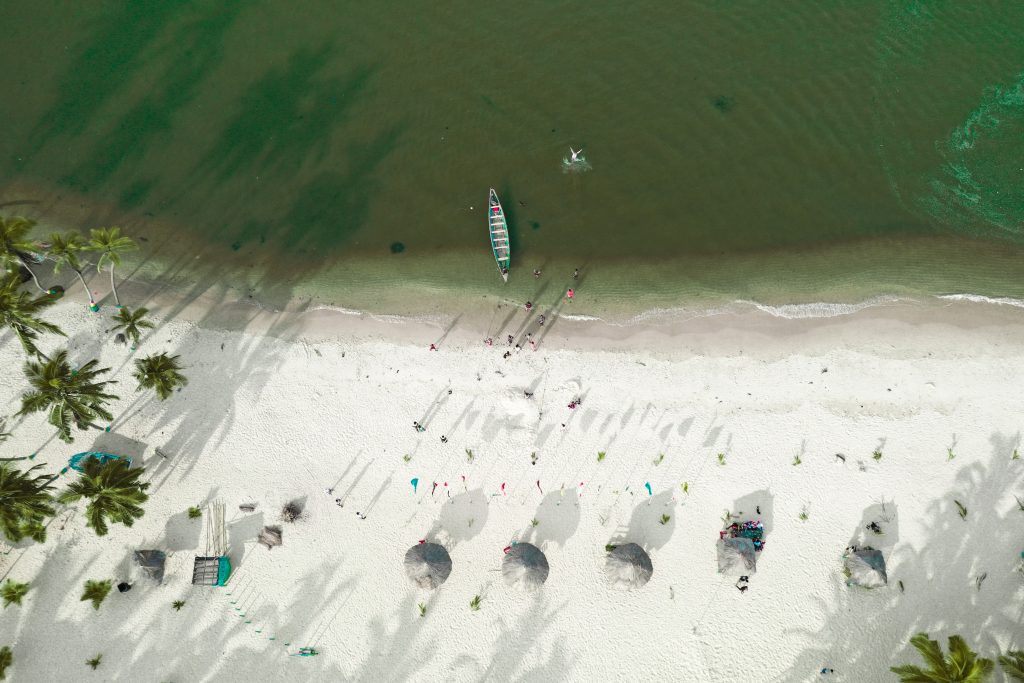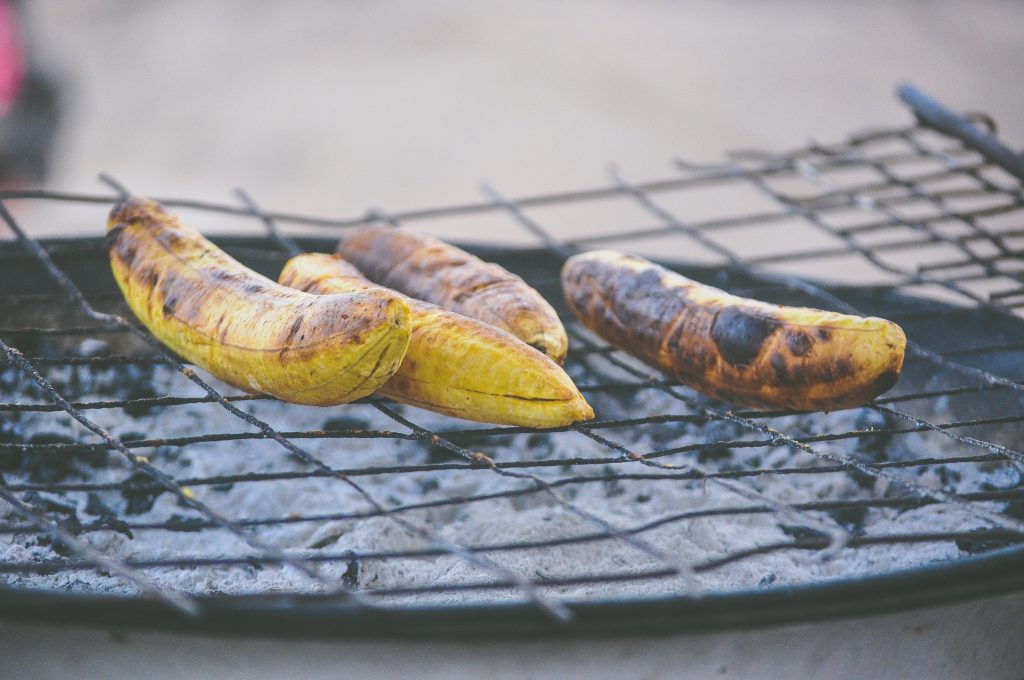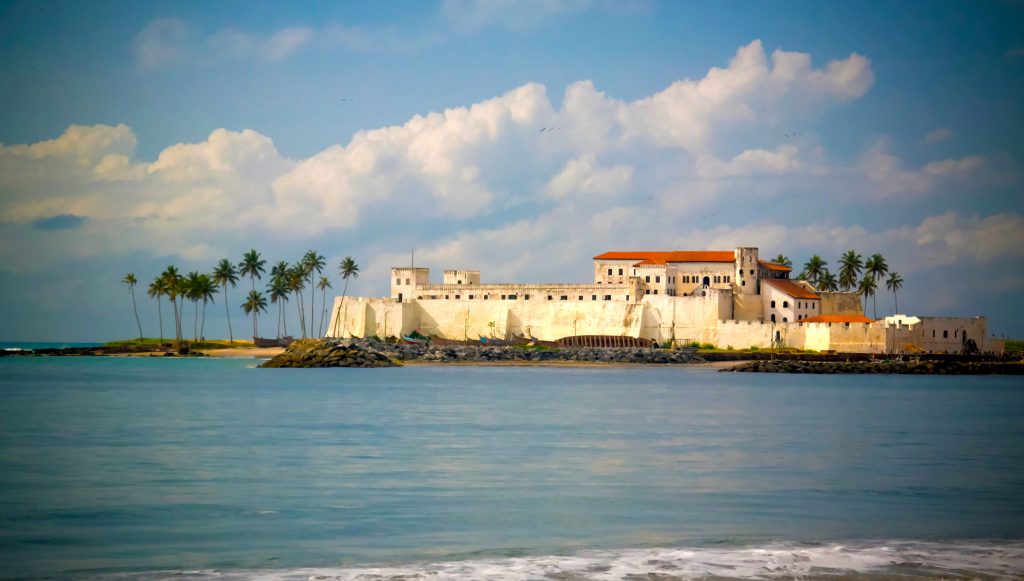Are you planning a trip to Ghana and feeling a little overwhelmed by all the information you need to plan your vacation? Don’t worry – you’re not alone! To make the process of preparing for your trip a little easier, we’ve compiled a list of the top 10 most frequently asked questions about Ghana. From navigating the country’s visa requirements to understanding the local culture and customs, these questions will give you the insight you need to make the most of your vacation. So if you’re ready to explore the beauty of Ghana, read on to learn more!
✅ Make sure you’ll see the entire collection in Framey App, including addresses, opening hours, and contact information!
Do I need a visa to travel to Ghana?
The answer to this question depends on your country of origin and the length of your stay. Most nationals from African countries, the United States, the United Kingdom, Canada, Australia, New Zealand, and some other countries are allowed to enter Ghana visa-free for 90 days. However, if you plan to stay for longer than 90 days, then you must apply for a visa before traveling.
Ghana offers some different visas, including Tourist Visas, Business Visas, Diplomatic Visas, and Work Permits. Tourist Visas are valid for stays up to 90 days, while Business Visas are valid for stays up to 6 months. Additionally, all travelers must hold a valid passport with at least six months of validity remaining upon entry into Ghana.
It is important to note that visa requirements can change without warning, so it’s always best to check with your nearest Ghanaian Embassy or Consulate before your trip to ensure that you have all the necessary documents.
What is the best time to visit Ghana?
Ghana is blessed with a tropical climate, making it ideal for a holiday trip year-round. However, the best time to visit Ghana depends on what you’re looking to do and experience in the country.
The dry season (November to April) is when the temperature is at its most comfortable and rainfall is at a minimum. This makes it the best time of year for outdoor activities such as safaris and beach trips. As the dry season approaches, the air becomes cooler and more pleasant, making the days perfect for sightseeing or exploring local markets.
The rainy season (May to October) may not be ideal for outdoor activities, but it still offers plenty of opportunities for exploring Ghana’s diverse culture and vibrant cities. The humidity and rainfall bring additional vibrancy to the country, as well as amazing greenery. Plus, the roads tend to be less crowded during this time, making it ideal for road trips.
No matter what time of year you plan to visit Ghana, you can be sure that you’ll have a unique and exciting experience!
What vaccinations do I need for Ghana?
Before traveling to Ghana, it is important to be up-to-date on all your routine vaccinations. You should also consider getting vaccinated against the following diseases: Hepatitis A, Hepatitis B, Typhoid, Polio, Rabies, Japanese Encephalitis, Meningococcal Disease, and Yellow Fever. It is important to check with your doctor at least 4-6 weeks before your trip to ensure that you have time to get all the necessary vaccinations.
In addition to the recommended vaccinations, it is also advised to bring along mosquito repellent and a good insect repellent to prevent mosquito-borne illnesses like malaria and dengue fever. If you plan to visit rural areas or go on a safari, it is important to get vaccinated against meningococcal meningitis.
If you have any medical conditions or allergies, make sure to let your doctor know before getting any vaccines. Your doctor can advise you on any other necessary vaccinations and provide you with the necessary medications to keep you safe while traveling in Ghana.
What should I pack for Ghana?
When packing for a trip to Ghana, it is important to consider the climate, culture, and activities you will be engaging in. During your stay, you should bring lightweight clothing that can be layered since the temperature can fluctuate between hot and cool depending on the time of year. Pack both short and long-sleeved shirts, shorts, trousers, and skirts. It is also important to remember that many places have dress codes in Ghana, so bringing more formal items such as slacks and dresses may be necessary.
When it comes to shoes, bring ones that are comfortable and can easily be worn for long periods since walking is a major form of transportation in Ghana. Additionally, bring a pair of sandals for beach visits or days spent lounging. You should also bring an umbrella and a raincoat to protect you from the rain. It is also recommended to bring a hat to shield you from the sun.
If you plan on visiting religious sites or temples, be sure to pack appropriate clothing such as long pants or skirts, and cover your shoulders and chest. Women should also cover their hair. It is also important to pack items to help with mosquito prevention such as insect repellent and netting.
Finally, don’t forget your essentials such as a passport, wallet, toiletries, and sunscreen!
What is the currency in Ghana?
The official currency of Ghana is the Ghanaian cedi (GHS), which is divided into 100 pesewas. The cedi is a fairly new currency, having only been introduced in 2007. Before that, the country used the Ghanaian pound.
The cedi is issued in coins of 1, 5, 10, 20, and 50 pesewas, as well as 1, 2, and 5 cedis. Banknotes come in denominations of 1, 2, 5, 10, 20, and 50 cedis.
In tourist areas, you will find that the US dollar is accepted in some places. You can also use other major currencies such as the British pound, euro, and Canadian dollar. However, it is best to use the Ghanaian cedi whenever possible as it is the local currency.
It is always recommended to exchange money at an official bank or exchange bureau for the best rate and to avoid any potential scams. When exchanging money, make sure to keep your receipt so you can use it to exchange any leftover cedis back into your home currency.
What language is spoken in Ghana?
Ghana is a multilingual country, with many different languages spoken by its citizens. The official language of Ghana is English, which was introduced during the colonial era. However, most Ghanaians speak multiple languages, and many local languages are widely used in daily life. The most commonly spoken language in Ghana is Akan, which is spoken by more than half of the population. Other widely spoken local languages include Dagbani, Ewe, Ga, and Nzema. There are also various other languages spoken by minority ethnic groups, including Gurma, Grusi, Hausa, and Talensi. In addition, there are many immigrants from other countries who speak languages such as Chinese, French, Hindi, and Spanish. It is not uncommon for Ghanaians to be able to speak three or four languages fluently!
What are the electrical outlets in Ghana?
When traveling to Ghana, it’s important to be aware of the electrical outlets and voltage used. In Ghana, the power sockets are of types D and G. Type D is the standard socket type used in India, Nepal, and Sri Lanka. Type G is commonly used in the United Kingdom, Ireland, Malaysia, and Singapore. Voltage in Ghana is 220-240 volts, so you will need an adapter if your devices don’t support this voltage. It’s important to also check your devices before plugging them in, as some older models may not be compatible with the higher voltage in Ghana.
Additionally, if you are traveling with a laptop or other portable electronics, it’s a good idea to bring a surge protector with you to prevent any potential damage from power surges.
What is the internet / wi-fi situation in Ghana?
Ghana’s internet/wifi situation is generally quite good, with access available in most cities and many towns. The country has invested heavily in its broadband infrastructure, so connection speeds are reliable and fast. Mobile phone networks provide good coverage throughout the country.
There are some public wifi hotspots located in major cities, allowing tourists to stay connected. Major hotels, restaurants, and cafes also usually provide free wifi for guests. Additionally, you can purchase prepaid 3G SIM cards from local providers for use on your smartphone or laptop.
When traveling to rural areas, it’s important to remember that the internet and wifi may not be as readily available or reliable. It’s a good idea to do your research and find out in advance if any areas are without access. Investing in a mobile hotspot device may be a good idea if you need to stay connected while traveling.
What is the food like in Ghana?
Ghana is renowned for its delicious cuisine, which is heavily influenced by West African and Ghanaian traditions. Traditional dishes vary regionally, but the most popular dish is fufu, a thick paste made from pounded yam or cassava, eaten with stews or soups. Other popular dishes include jollof rice, banks, aboboi (a type of fish soup), and kenkey (fermented corn dough). Staples also include plantains, yams, cocoyams, beans, and nuts. Fruits like mangoes, oranges, pineapples, and coconuts are also popular in Ghana. As a coastal country, there is also plenty of fresh seafood available. Street food is widely available in the form of kebabs, roasted corn, and fried plantains. In bigger cities, you can find international cuisines like Indian, Chinese, and Italian. No matter where you go in Ghana, you’re sure to find a variety of delicious foods to try!
What are some things to do in Ghana?
Ghana is an amazing country with a wealth of culture and attractions, making it a great destination for tourists. Whether you’re looking for outdoor activities, cultural experiences, or unique sightseeing, Ghana has something to offer everyone.
Some popular things to do in Ghana include visiting the Kakum National Park, exploring the vibrant markets of Accra, and visiting Elmina Castle. For a more traditional experience, take a trip to the Bobiri Butterfly Sanctuary or go on a guided tour of the Akosombo Dam.
Those looking for some more relaxation can take part in yoga classes at one of the many resorts or enjoy an evening watching drum and dance performances.
Finally, make sure you sample some of the local cuisines and explore the city streets for an unforgettable experience!
If you’re looking for a unique and exciting adventure, then you should consider taking a trip to Ghana. With its diverse culture, beautiful landscapes, and friendly people, it’s an amazing destination to explore. Before you book your ticket and pack your bags, make sure you know the answers to these top 10 questions about traveling to Ghana.
In addition to these questions, we recommend using Framey App to see your friends’ holiday photos and get inspiration for your next trips.
Framey is the perfect way to stay connected with your friends and family even when you are on the other side of the world!


